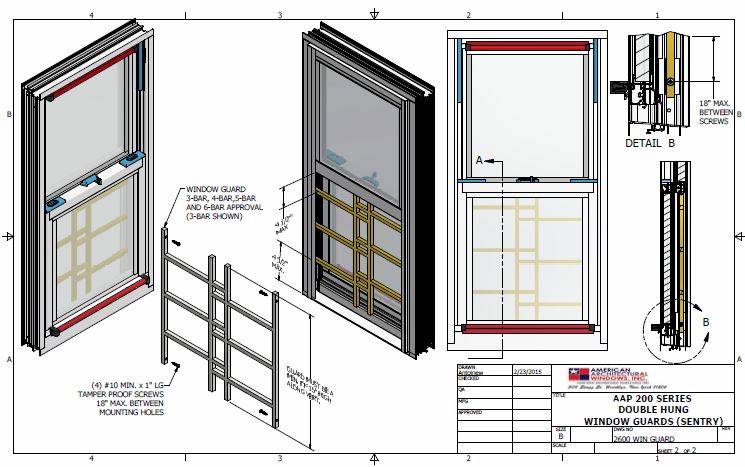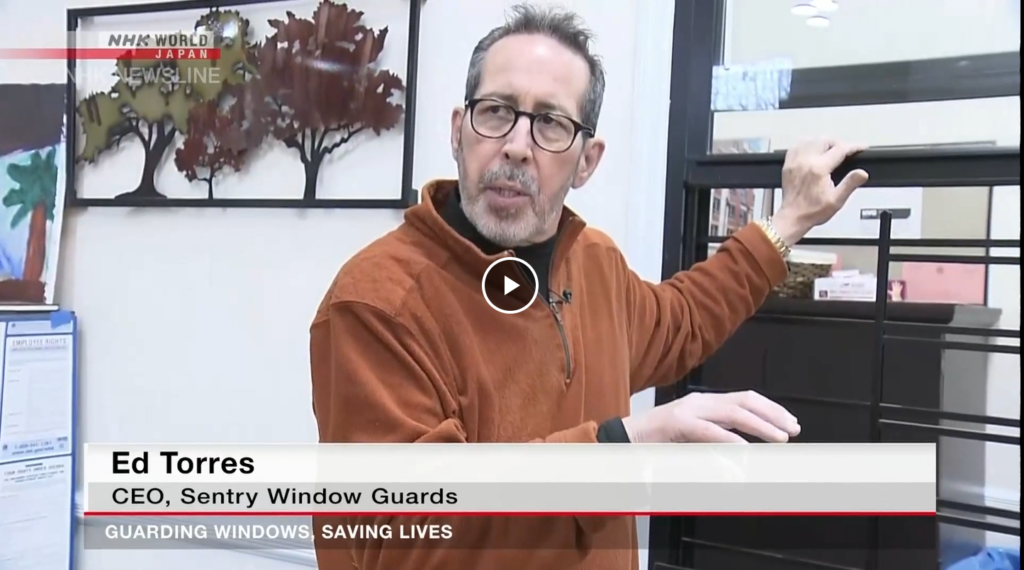By far, the most common threat to an apartment unit is burglary. Having your home entered and pilfered through by a stranger can leave a family feeling vulnerable and violated. In 2014, there were 16,765 burglaries in New York City, don’t become a statistic, it is important to understand who commits burglaries and why. The majority of apartment burglaries occur during the daytime when most people are away at work or at school. Burglaries also occur at night when there are seemingly obvious signs that no one is home. Most apartment burglars are young males looking for things that are small, expensive, and can easily be converted to cash. Items like cash, jewelry, guns, watches, laptop computers, and other small electronic devices are high on the list. Quick cash is needed for living expenses and drugs.
Statistics tell us that more than 30% of all apartment burglars gained access through an open door or window. Ordinary household tools like screwdrivers, channel-lock pliers, small pry bars, and small hammers are most often used by burglars. And while it may seem that apartment burglary is random, there is a selection process.
The burglar simply chooses an unoccupied apartment with the easiest access, the greatest amount of cover, and with the best escape routes. What follows is a list of suggestions to minimize your risk by making your home unattractive to potential burglars.
Because of their easy access, and in some cases their hidden nature, these are probably the least safe places to live in a building:
- A first-floor apartment that can be accessed from the lobby
- An apartment with a window within 18-feet of the ground
- An apartment with a fire escape
- An apartment below ground level
- An apartment facing the back of the building (because it’s out of plain sight)
THE MOST COMMON MISTAKE: As surprising as it may seem, most burglars get into an apartment through an unlocked front door or an unlocked window, they don’t pick locks. It’s tempting to leave windows open when it’s warm but if you are on the first floor, or you have a fire escape at your window and don’t have window guards, don’t do it. Burglars don’t break windows, it makes too much noise, and they look for an open or unlocked window.
Consider installing a window guard to help keep the thieves out. Installing a window guard will slow a thief down and may even get them to think twice about breaking in.
If you have a fire escape, be sure to have an approved gate on it, you may need to use this point of egress in the event of a fire.
Keep careful control of your apartment keys. Avoid giving your keys to too many people, the dog walker, the plant waterer, etc. Don’t leave your keys on the table when someone comes in to do work in the apartment.
If you’re going to be away for a long time, you might want to consider the equivalent of a “nanny cam” that lets you see what’s going on in all rooms of your apartment via your computer wherever you are in the world.
The NYPD is here to help:
Although it is not widely publicized, the NYPD offers a free crime prevention service to all NYC apartment dwellers, owners or renters. A trained Crime Prevention officer from your local precinct will come to your home, conduct a security survey and make recommendations for any improvements that he/she thinks are necessary.
All you have to do is to call your Precinct’s Crime Prevention Office and schedule a date. If you don’t know what precinct you live in, the NYPD website includes a Precinct Finder feature.
Go here for more information: http://www.nyc.gov/html/nypd/html/precinct_maps/precinct_finder.shtml
Once you know your precinct, you may want to look at crime statistics for your neighborhood.
Go here for more information: http://www.nyc.gov/html/nypd/html/crime_prevention/crime_statistics.shtml
Or here: http://maps.nyc.gov/crime/
You may wish to register your portable electronic valuables; computers, printers, iPads,etc.with the NYPD’s Operation Identification project. The precinct will send an officer out who will assist you marking your valuables with invisible ink or help you with an engraving tool so that you can etch a serial number onto your valuables. That number will be registered with the NYPD, making the property traceable. You will be given decals for your window that say that your property is registered, a deterrent to any would-be burglars.
Go here for more information – http://www.nyc.gov/html/nypd/html/crime_prevention/operation_id.shtml
To Insure or Not to Insure
Renters or owners insurance is a good way to avoid a problem later on. Often clothing, furniture, artwork and electronic devices are covered in a basic policy but jewelry, furs, and silverware are separate categories requiring additional coverage. If you have a home office with expensive equipment, that too, may require a separate policy. In the event your apartment is burglarized, insurance will help cover the costs to replace your stolen property.
To decide how much insurance you need, take an inventory of what you have. Don’t underestimate the value of your clothing or shoes, many people make this mistake.
Keep a record of all significant purchases so that if there is a loss you can document it, speeding up the reimbursement process. Also, take photos of what you have, and save credit card statements when you buy something new.
When purchasing a policy determine whether you want to have one that pays the actual cash value of replacing what you had or the depreciated value. The former will be about 20 percent more expensive.
A basic policy with $15,000 to $20,000 of coverage will cost from $100-$150 per year. To find the best agent for you, getting a reference from a friend is a good idea, someone who has had a claim handled satisfactorily.
Sources










